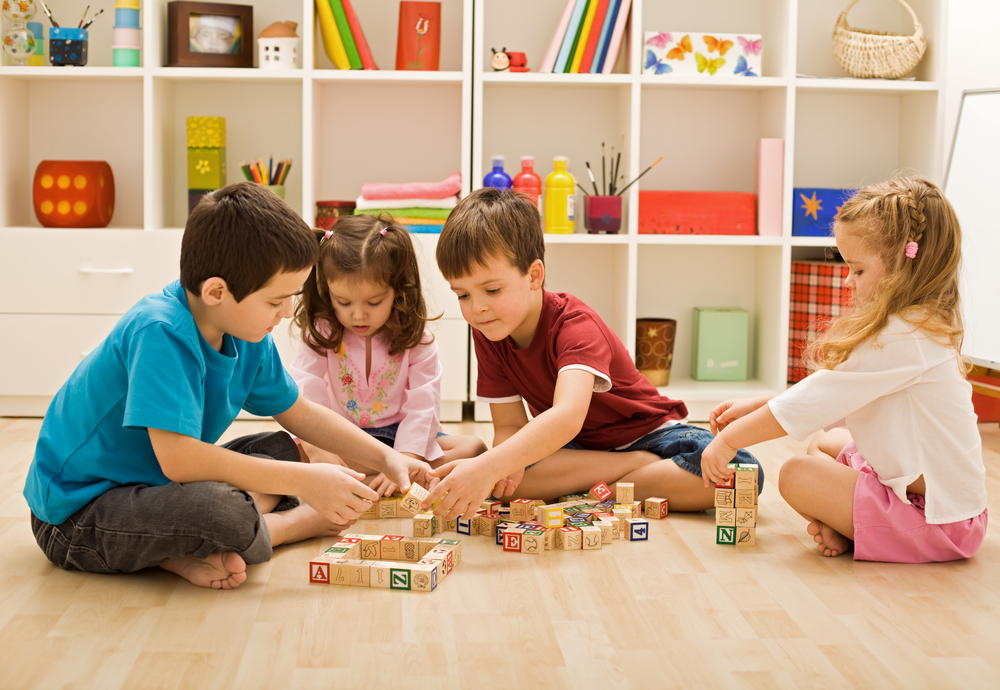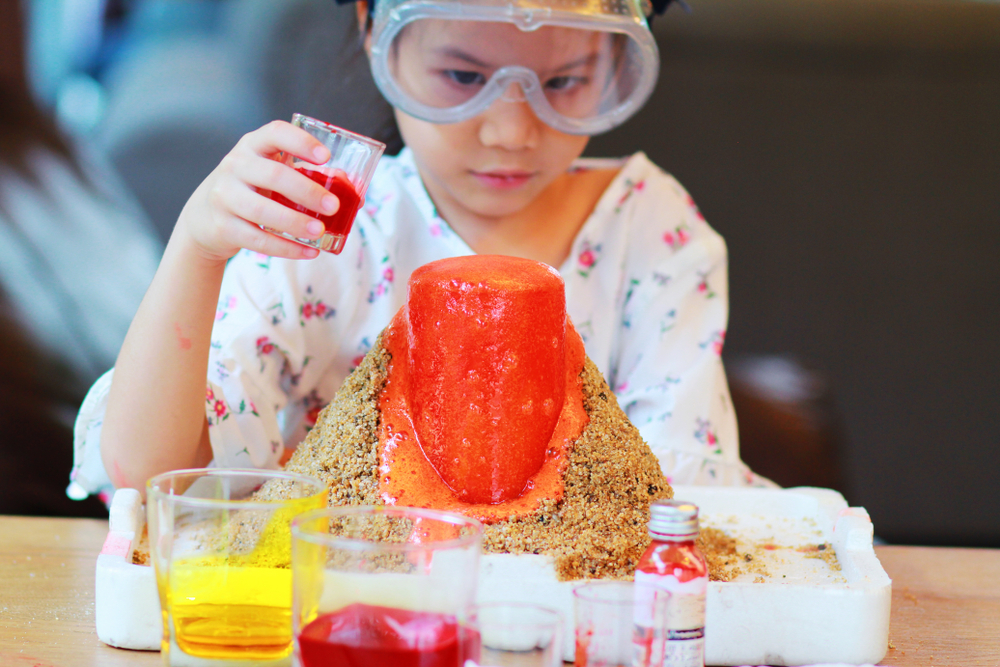Matching skills Normal Worksheets for 3-Year-Olds
6 filtered results
-
From - To
Discover our engaging "Matching Skills Normal Worksheets for 3-Year-Olds" that make learning fun and effective. These beautifully illustrated worksheets are designed to enhance your child’s ability to recognize patterns, shapes, and colors, fostering crucial cognitive development. Perfect for early childhood education, each worksheet is crafted to keep young learners captivated while improving their visual discrimination, attention to detail, and hand-eye coordination. Parents and teachers will find these resources invaluable for building a strong foundation in essential skills. Visit Kids Academy for our premium selection of printable activities that ensure a joyful and productive learning experience.
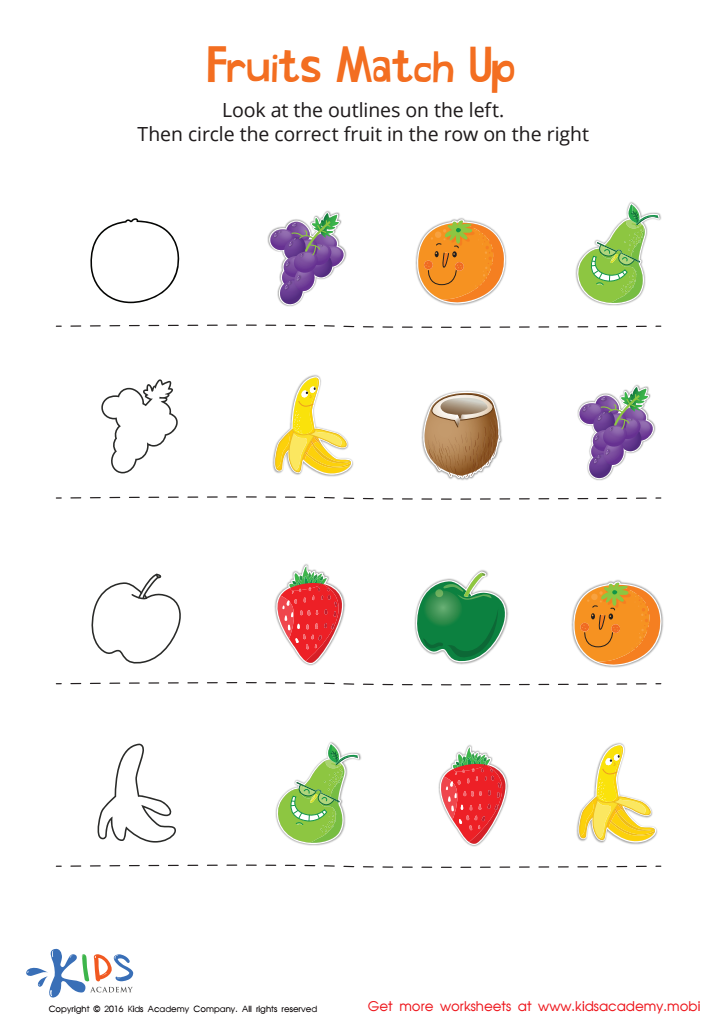

Fruits Match Up Worksheet
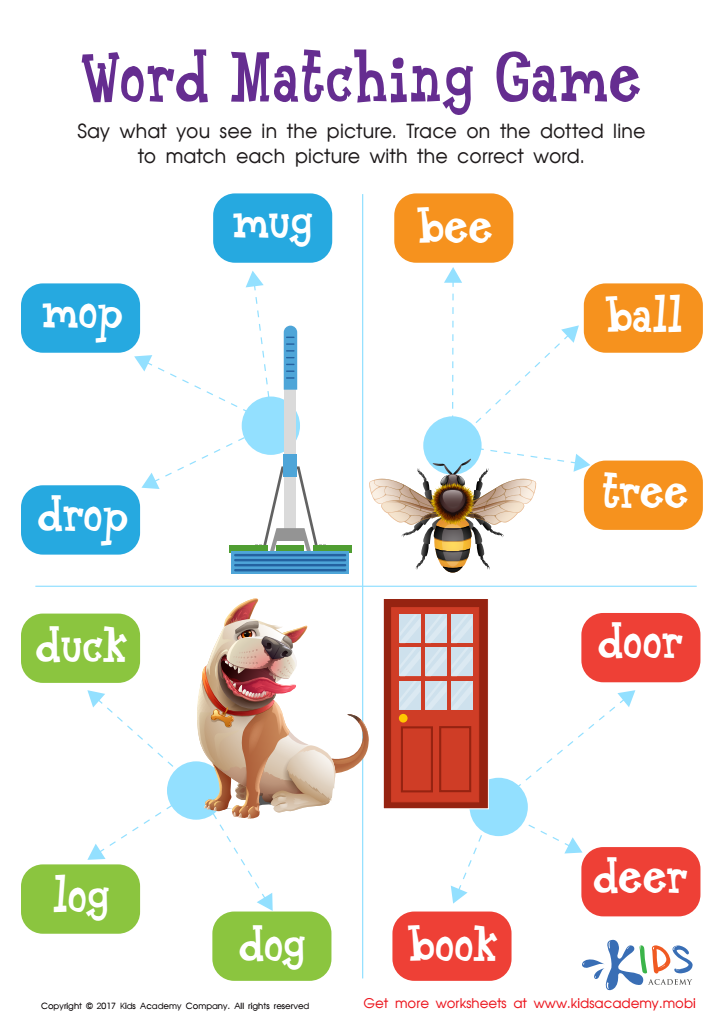

Word Matching Game Worksheet
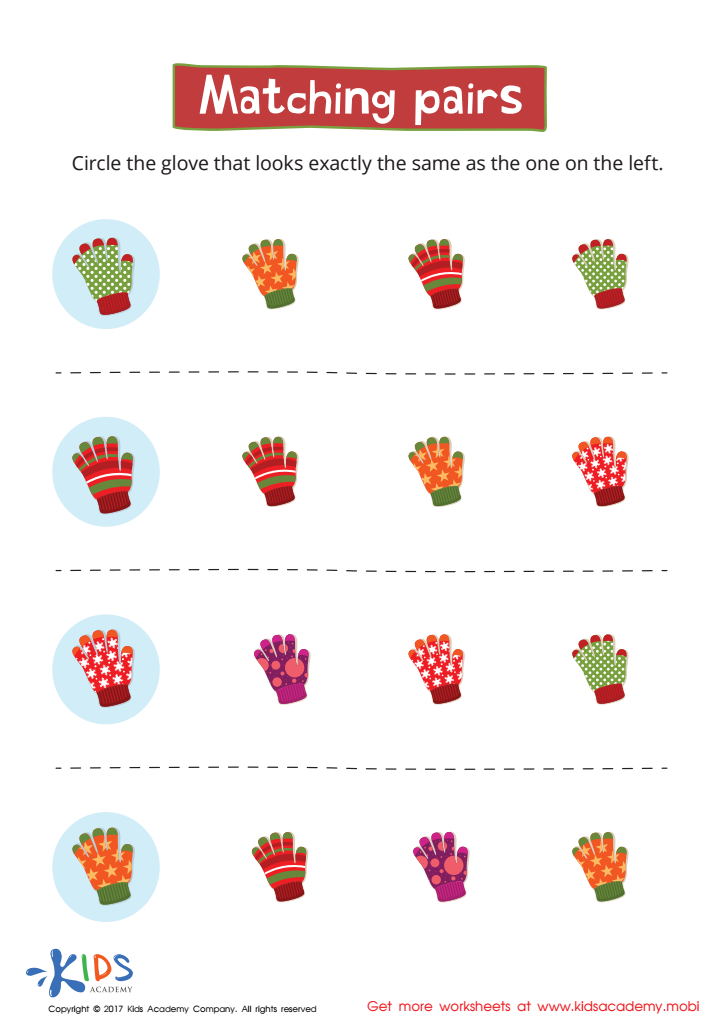

Matching: Matching Pairs Worksheet
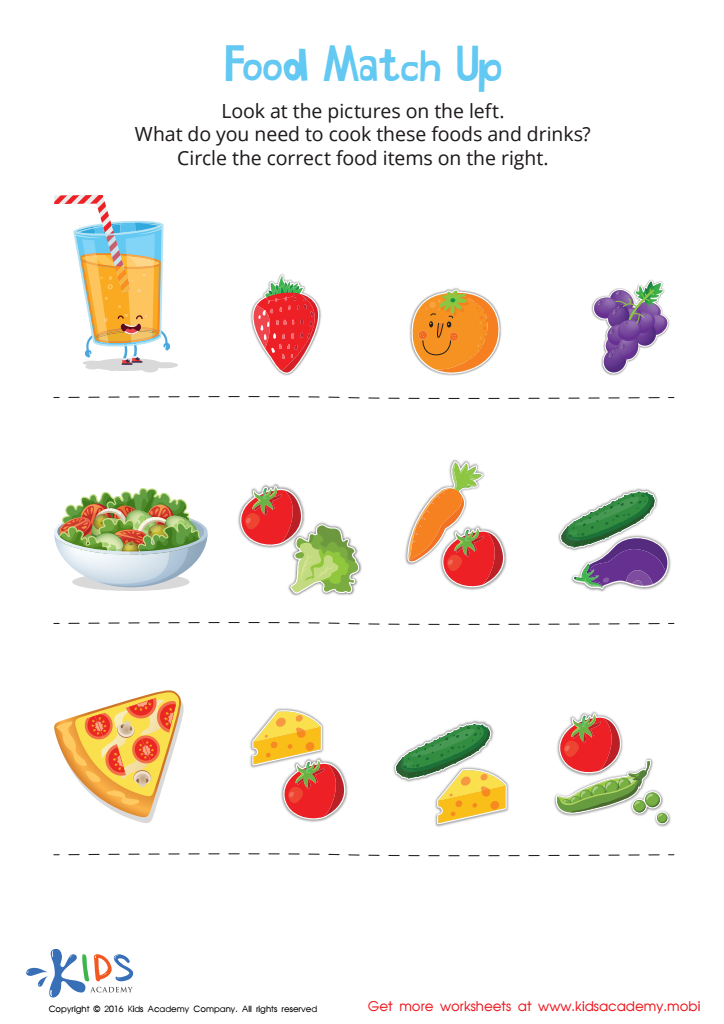

Food Match Up Worksheet
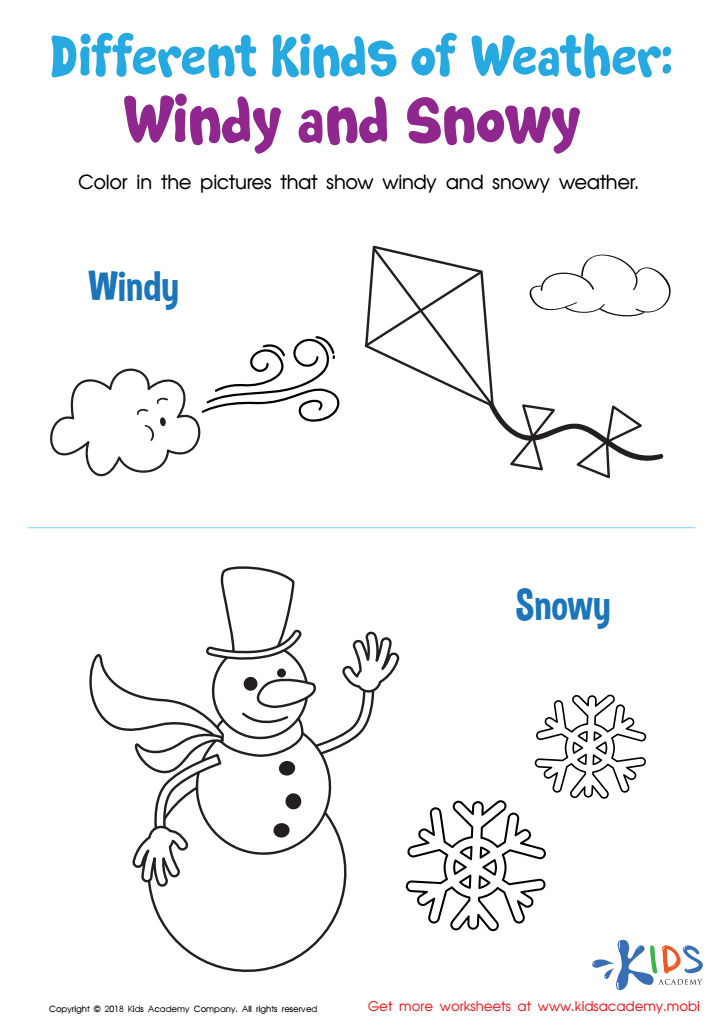

Different Kinds of Weather: Windy and Snowy Worksheet
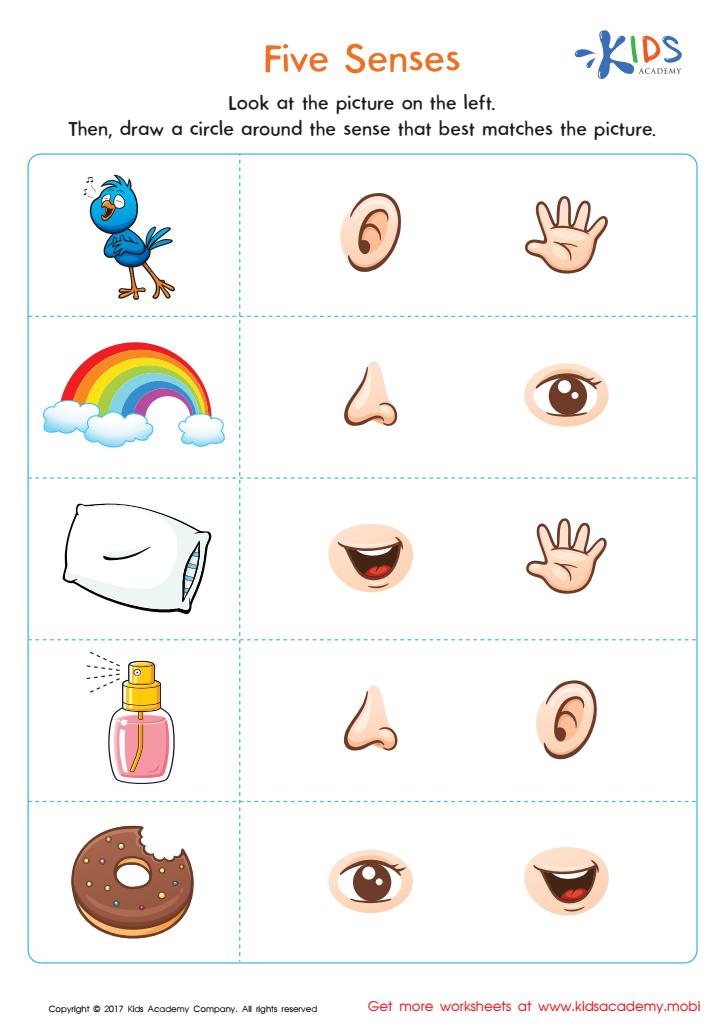

Five Senses Printable
Matching skills are crucial cognitive abilities for three-year-olds, and parents and teachers should give importance to nurturing these skills because they form the foundation for several important developmental milestones. Matching involves recognizing similarities, differences, patterns, and relationships between objects or concepts. For young children, these skills underpin early literacy, numeracy, and critical thinking.
At this tender age, matching shapes, colors, or objects can boost a child’s visual discrimination abilities, which are vital for learning to read and write. Being able to distinguish between different letters and numbers is a direct application of well-developed matching skills. Moreover, matching helps in vocabulary building, as children learn to label and categorize items correctly.
Teachers and parents should integrate playful matching activities into daily routines, like pairing socks or sorting toys by color and shape. Such interactive learning not only supports cognitive growth but also enhances fine motor skills and hand-eye coordination. Children gain confidence as they master tasks, which fosters a love for learning and curiosity.
Overall, focusing on matching skills offers young children the academic, cognitive, and emotional tools they need to thrive. This attention at an early age can lead to long-term benefits, setting a solid groundwork for future educational achievements.
 Assign to My Students
Assign to My Students





